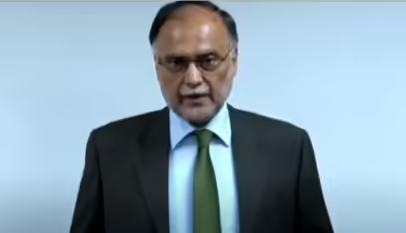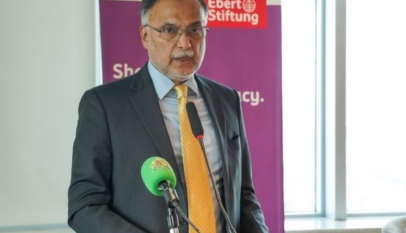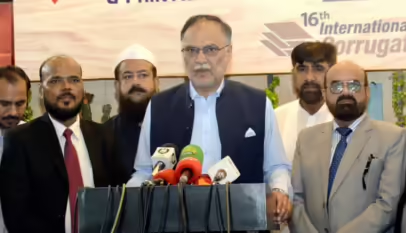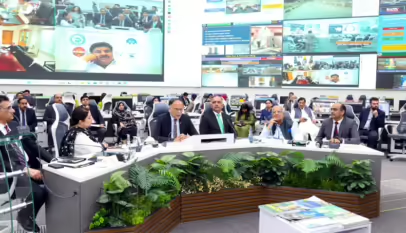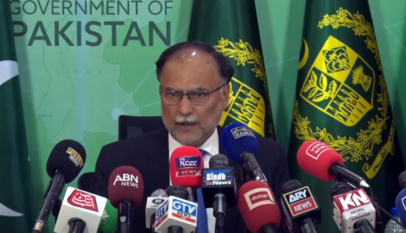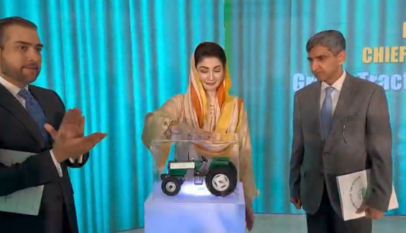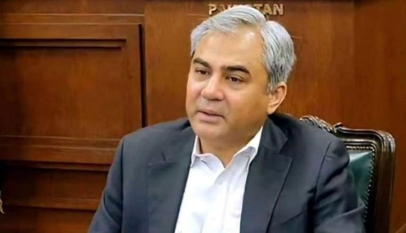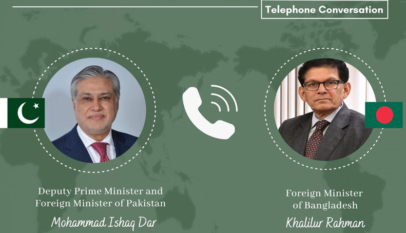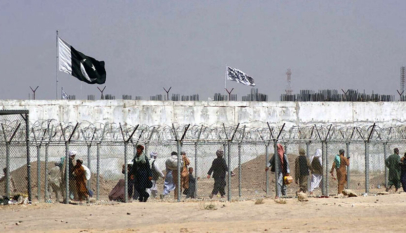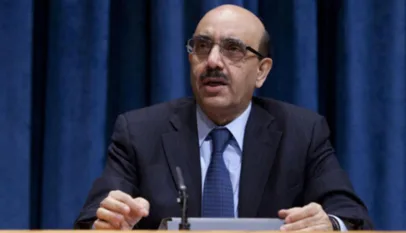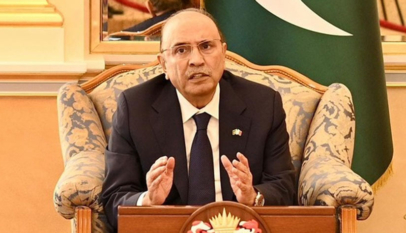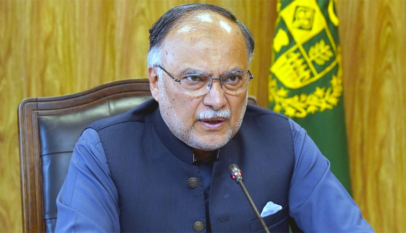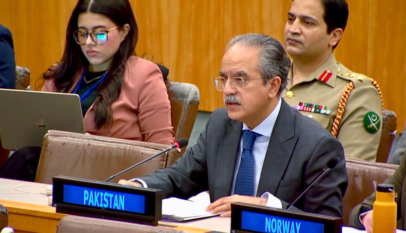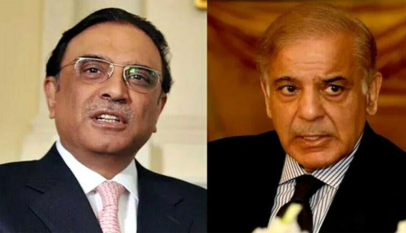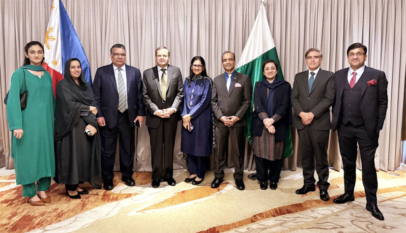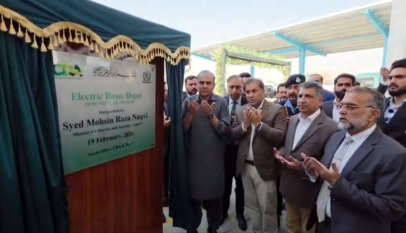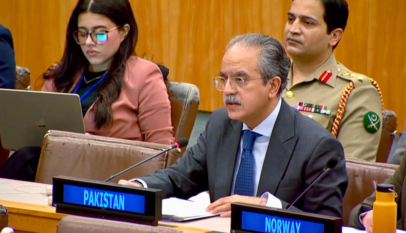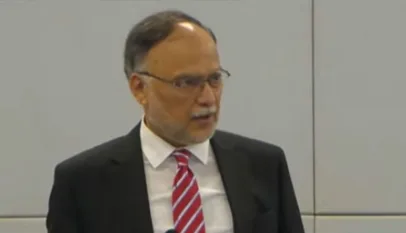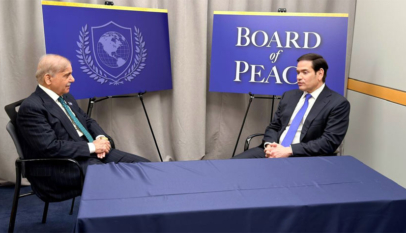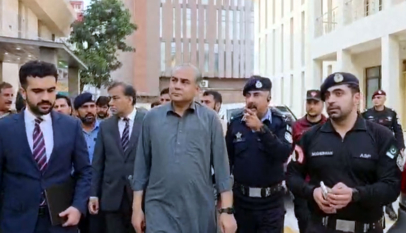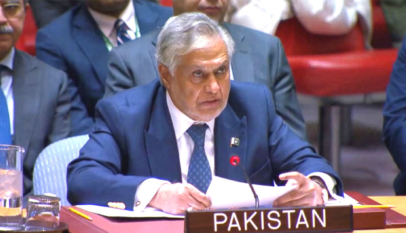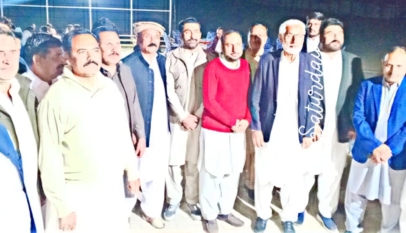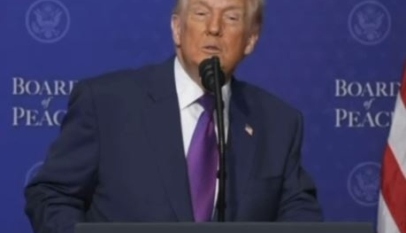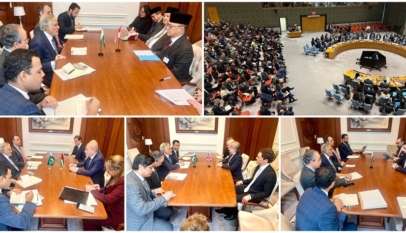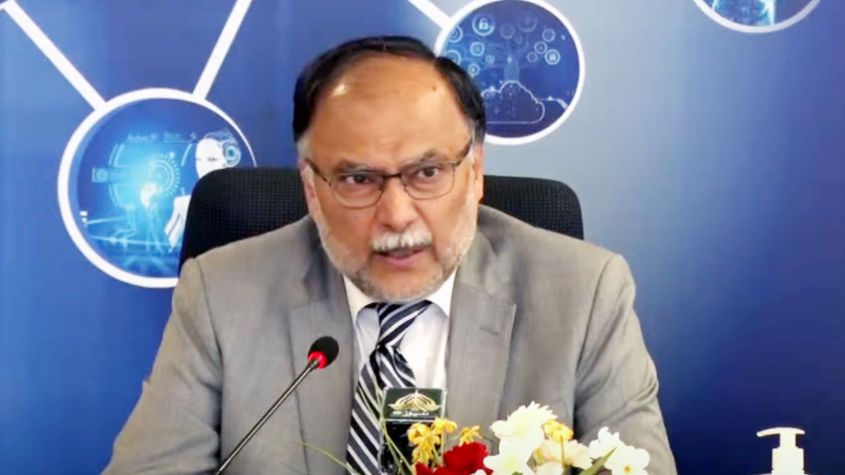
The Ministry of Planning Development & Special Initiatives has approved the project “Establishment of National Language Processing Laboratory NLP, Lab to implement and promote Urdu as the national language. The Ministry of National Heritage and Culture Division is the sponsoring agency, while the National Language Promotion Department (NLPD) will execute the project.
The core objective of the project is to elevate Urdu to the status of languages with extensive digital data resources and equip it with modern technology applications، said Dr. Rashid Hameed, Director General NLP, Lab working under NLPD which was established in October 1979 to advance and promote the Urdu national language.
While sharing the details of the project Dr. Rashid Hameed, explained the project includes the development of several applications, such as Machine Translation (MT), Speech Recognition (SR), and Optical Character Recognition (OCR), that will make language learning more accessible, facilitate cross-border communication and commerce, enable people to access online content, promote cross-cultural understanding, and help preserve language resources. Dr. Hameed believes that only languages that adapt to the latest technology will survive in today’s world.
In 2015, the Supreme Court ordered the government to implement Urdu as the official language in all government departments under Article 251 of the constitution. To comply with the apex court’s order, the government has expedited its efforts and approved the revised PC-I of the project worth Rs. 78.186 million.
Since assuming power in April 2022, the government has taken several steps towards implementing digital transformation in the country. Planning Minister Ahsan Iqbal has been a driving force behind these efforts, with a focus on shifting from manual to digital processes.
Last month, the Planning Minister established a Steering Committee composed of experts from the Information Technology and private sectors. The committee aims to facilitate the implementation of digital transformation and increase the country’s export volume.
Syeda Roshana Ali Naqvi, Program Manager for Research & Development at NLPD, while sharingfurther detailsof the project explained that the Machine Translation (MT) module uses computer algorithms to automatically translate text from English to Urdu. This module will efficiently provide translations of all current official documents from English to Urdu, including policies, press releases, economic surveys, annual reports, long-term plans, newsletters, public notices, tenders, and advertisements.
Ms.Naqvi emphasized the importance of the lab for the survival, growth, promotion, and development of the national language. The program Manager NLPD, also shared details about the Speech Recognition (SR) and Optical Character Recognition (OCR) modules of the project.
She explained that the SR module will enable digital devices to recognize and transcribe human speech into Urdu text. This technology will help digitize Urdu audio resources, such as parliamentary speeches and meeting minutes. Additionally, speech recognition technology can increase accessibility and inclusivity for those with hearing and speech impairments. The OCR module, on the other hand, will convert printed text into editable digital text. This will help to digitize previously printed records and save a significant amount of time and effort compared to manual typing. The OCR module will make the text searchable, making it easier to access and use.
The experts believe that this technology can make Urdu text accessible to visually impaired people in the form of audio books. With these and other AI-based applications, Urdu can become more accessible and usable across different platforms.
Advocate Kokab Iqbal, who filed a landmark case before the apex court in 2003, has hailed the decision as a significant moment in the country’s history. In 2015, a three-member bench, headed by then Chief Justice Jawad S Khawaja, ordered the government to implement the decision. “There is a dire need for the promotion of Urdu language across government offices,” he remarked.

